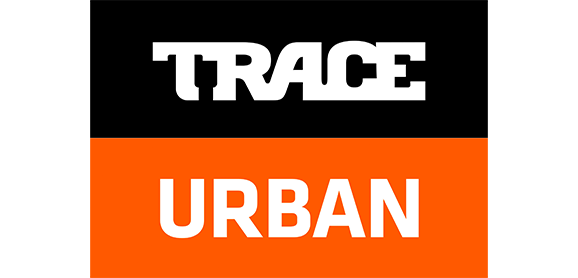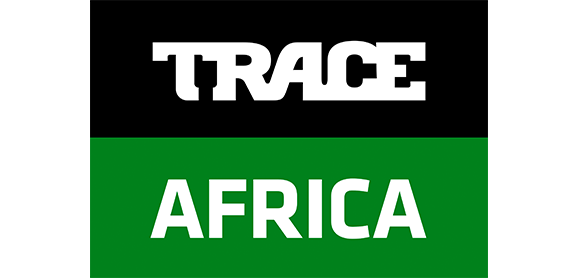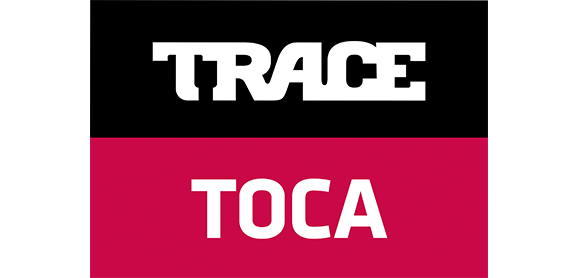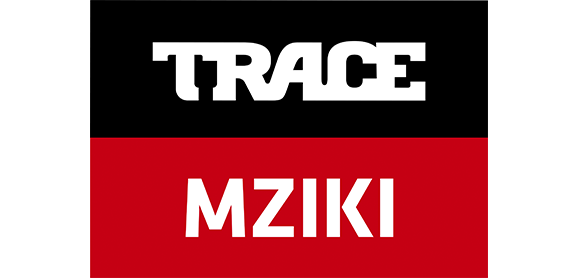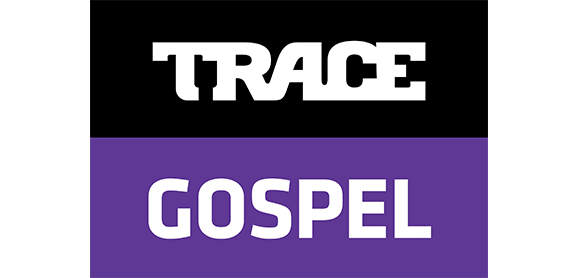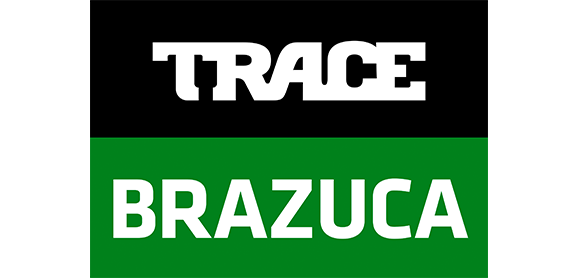The global beauty brand has extended its’ global intimate partner violence prevention programme to local shores.
2nd November 2022 – Yves Saint Laurent Beauty is committed to promoting the empowerment of women. Since 1961, Yves Saint Laurent believed that women should have the freedom to be whoever they want to be and have the freedom of independent thinking. Today, women still have to fight against oppression, discrimination, and abuse. In 2020, the global beauty brand launched Abuse Is Not Love, a commitment to help prevent and fight against this crime.
The ‘Abuse is Not Love’ initiative is aimed at helping combat intimate partner violence (IPV) by supporting the prevention programmes of its non-profit organization (NPO) partners across the globe. Over the last two years, ‘Abuse Is Not Love’ has been rolled out across over 23 countries and has educated over 267,000 people to better understand the warning signs of abuse and how to be an actor for change in their communities. October 2022 marks the launch of the program in South Africa in partnership with local NPO partner, Agisanang Domestic Abuse Prevention and Training (ADAPT).
Primary prevention programs such as YSL Beauty’s ‘Abuse Is Not Love’ address the underlying attitudes, norms, and behaviors that support IPV. The ultimate goals of such interventions are to end violence, empower women and girls, and promote nonviolent, equitable, and respectful relationships. Over the next three years, Yves Saint Laurent Beauty will support the prevention programmes of local NPO partner, ADAPT, which will be rolled out at local university campuses with a key focus on students and lecturers. Yves Saint Laurent Beauty and ADAPT will also extend this training to YSL Beauty’s local corporate employees. These collective efforts made by YSL Beauty and ADAPT are all made in the hope of educating as many people as possible in SA about intimate partner violence by 2025.
The World Health Organization (WHO) defines IPV as “any behavior within an intimate relationship that causes physical, psychological or sexual harm to those in the relationship. Intimate partner violence occurs between two people in an intimate relationship, and it may occur between heterosexual or queer couples.’’ Further studies conducted by WHO reveal that women are most at risk, with the highest rates seen among young adults aged 16-24 years old. Yumnaa Waja, General Manager at L’Oréal South Africa, Luxury Products Division says, – “The sad reality of IPV in South Africa is that we have all been impacted, either because we ourselves have been victims, or know people who have been subjected to it and continue to suffer in silence.
The intention of Abuse Is Not Love in South Africa is to educate young people to recognize IPV when it happens, and empower our communities with ways to support friends, family, and colleagues to be a part of the solution. The problem of IPV is so BIG that we can no longer ignore the social, political, economic impact it has in South Africa. We actively must create awareness and provide tools for a better tomorrow. “
According to a study done by The South African Medical Journal (SAMJ), IPV is a silent public health epidemic in South Africa (SA). IPV actively contributes to the crime of Femicide, which is generally understood to involve the intentional murder of women because they are women and, according to Statistics South Africa, most cases of femicide are committed by partners or ex-partners.
Sidwell Sehoana, Monitoring and Evaluation Manager at ADAPT says, “IPV is learned behaviour, given a chance, it can be unlearned as people are born inherently good. It is also of paramount importance that focus should be on the positive benefits of being nonviolent rather than on the negative consequences of being abusive or violent. This strategy has proven to be impactful on IPV prevention.”
